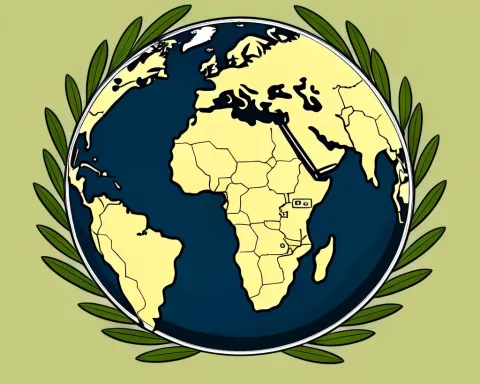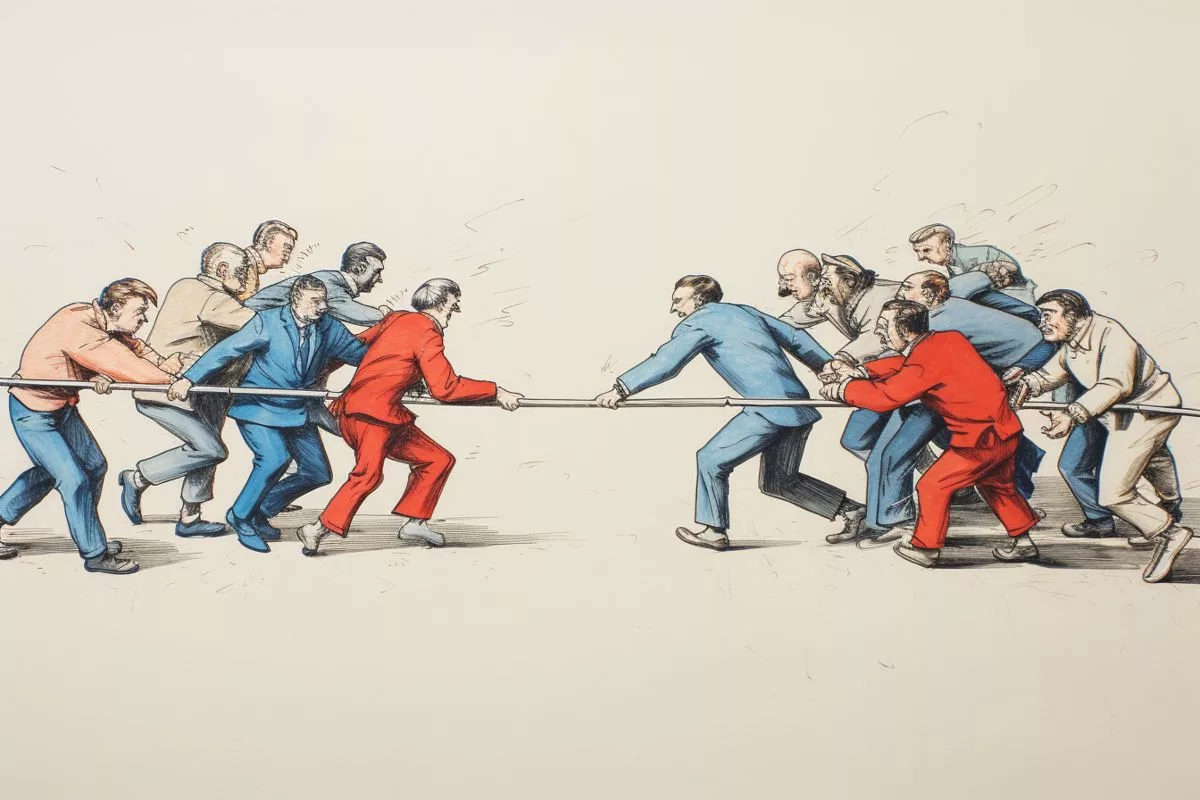AfriForum, a civil rights entity, has urged South African President Cyril Ramaphosa to review the National Health Insurance (NHI) Act due to concerns over potential negative repercussions on the country’s healthcare system. AfriForum has stated its willingness to join opposition parties in a collective judicial movement against the act if it is enacted. The NHI bill has faced opposition from AfriForum and is being inspected for potential infringement of constitutional rights.
AfriForum Urges President Ramaphosa to Review National Health Insurance Bill
AfriForum has delivered a formal letter to President Cyril Ramaphosa, expressing concern over the potential negative repercussions of the National Health Insurance (NHI) Act on South Africa’s health care system. The organization has emphasized the President’s constitutional mandate to review any acts that raise concerns and has expressed a willingness to join opposition parties in a collective judicial movement against the act, should it be enacted. The NHI bill has faced firm opposition from AfriForum and is being inspected for potential infringement of constitutional rights.
In a recent update, AfriForum, the civil rights entity, has delivered a formal letter to President Cyril Ramaphosa, pleading for a second look at the National Health Insurance (NHI) Act. The letter draws attention to the potential negative repercussions that the act may bring on South Africa’s health care system and forewarns the president of AfriForum’s unwavering determination to safeguard the national health.
AfriForum Expresses Concern Over the NHI Bill
The NHI bill has faced firm opposition from AfriForum and is being inspected for potential infringement of constitutional rights. In their message to the President, AfriForum emphasized his constitutional mandate to review any act that raises concerns. The communique also expressed the organisation’s willingness to join forces with opposition parties in a collective judicial movement against the act, should it be enacted.
The National Council of Provinces’ Stance on the NHI Bill
In the most recent assembly of the National Council of Provinces (NCOP) on December 6th, eight of its nine provinces’ representatives voted in support of the bill. The Western Cape was the sole province in disagreement. This general endorsement places President Ramaphosa at a critical crossroads. He can either sanction the act or, recognizing concerns about its constitutionality, return it to the legislature for modification.
AfriForum’s Stand on the Issue
Louis Boshoff, AfriForum’s spokesperson on NHI, stated that the NCOP’s approval of the bill was expected due to the ANC’s substantial majority. Regardless, AfriForum has initiated a twin approach. Its goal is to apply public pressure on the president to abstain from approving the bill, and to consolidate opposition parties and pressure groups in a collaborative Constitutional Court case against NHI.
Boshoff denounced the ANC’s rigidity, charging the party with neglecting the worries voiced by numerous health experts in the nation. He claimed, “The ANC’s ideological blindness has been shown to the world anew. After almost every health expert in the country has given some kind of warning or suggested amendments, the ANC simply continues to implement their centralist plans without adjustment.”
He further interrogated the ANC’s prioritization of power above the health of the country’s populace. Boshoff’s remarks exhibit a profound distrust of the ANC’s governance and its readiness to protect the health and welfare of South Africans.
The President’s Decision and AfriForum’s Commitment
As the situation develops, focus is now on President Cyril Ramaphosa and his forthcoming verdict on the NHI bill. The actions of the president in the impending days will unquestionably determine the trajectory for South Africa’s healthcare future, either by laying the groundwork for a fresh epoch of public health reform or by heeding the pleas for reassessment and modification. Regardless of the outcome, the civil rights organization, AfriForum, remains steadfast in its endeavor to safeguard the health of South Africans and will not hesitate to contest the bill in the supreme court if considered necessary.
What is the National Health Insurance (NHI) Act?
The National Health Insurance (NHI) Act is a proposed health financing system in South Africa that aims to provide universal healthcare coverage to all citizens. The bill has faced opposition from civil rights entity, AfriForum, and is being inspected for potential infringement of constitutional rights.
Why is AfriForum urging President Ramaphosa to review the NHI Bill?
AfriForum is urging President Cyril Ramaphosa to review the NHI bill due to concerns over potential negative repercussions on South Africa’s healthcare system. The organization has expressed its willingness to join opposition parties in a collective judicial movement against the act if it is enacted.
What is the National Council of Provinces’ stance on the NHI Bill?
In the most recent assembly of the National Council of Provinces (NCOP) on December 6th, eight of its nine provinces’ representatives voted in support of the bill. The Western Cape was the sole province in disagreement. This general endorsement places President Ramaphosa at a critical crossroads.
What is AfriForum’s stand on the issue?
AfriForum has initiated a twin approach to the issue of the NHI bill. Its goal is to apply public pressure on the president to abstain from approving the bill, and to consolidate opposition parties and pressure groups in a collaborative Constitutional Court case against NHI. The organization’s spokesperson on NHI, Louis Boshoff, has denounced the ANC’s rigidity and charged the party with neglecting the worries voiced by numerous health experts in the nation.
What is the President’s decision and AfriForum’s commitment?
The actions of President Cyril Ramaphosa in the impending days will unquestionably determine the trajectory for South Africa’s healthcare future, either by laying the groundwork for a fresh epoch of public health reform or by heeding the pleas for reassessment and modification. Regardless of the outcome, civil rights organization, AfriForum, remains steadfast in its endeavor to safeguard the health of South Africans and will not hesitate to contest the bill in the supreme court if considered necessary.
What happens if the NHI Bill is enacted?
If the NHI bill is enacted, it will establish a new government-run fund to pay for healthcare services for all South African citizens. The bill has faced opposition from AfriForum and is being inspected for potential infringement of constitutional rights.












